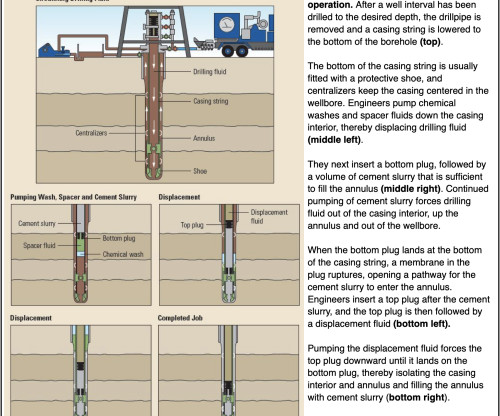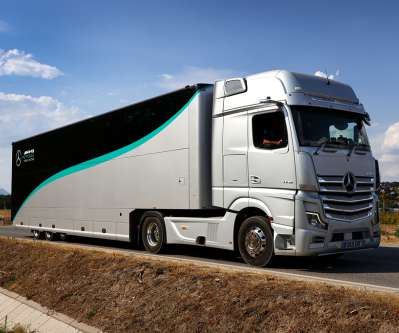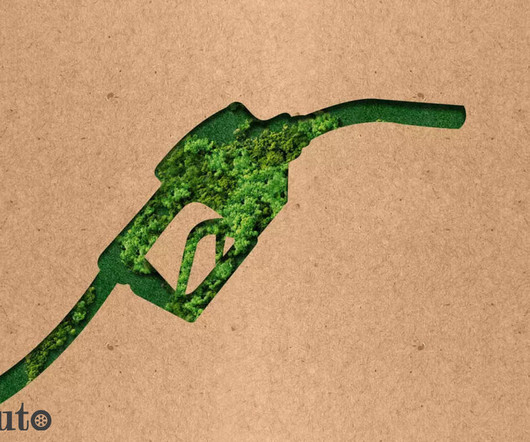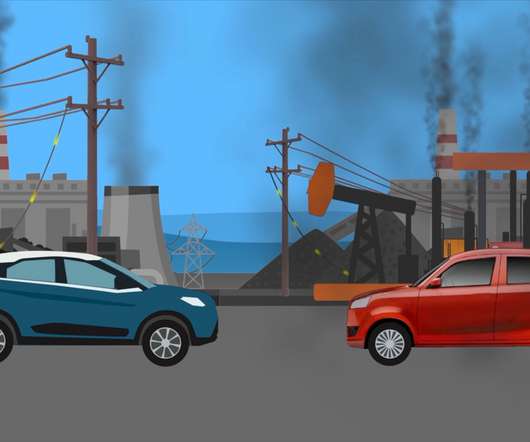Volvo Cars switches to biodiesel for ocean freight; cutting fossil CO2 emissions by 84%
Green Car Congress
JULY 5, 2023
The fuel used is Fatty Acid Methyl Esters (FAME) (biodiesel) and is based on renewable and sustainable sources, mainly waste cooking oil. No feedstock related to palm oil or palm oil production is used. The reduction is equivalent to the CO 2 emissions of a full truck driving around the equator about 1,200 times.










































Let's personalize your content